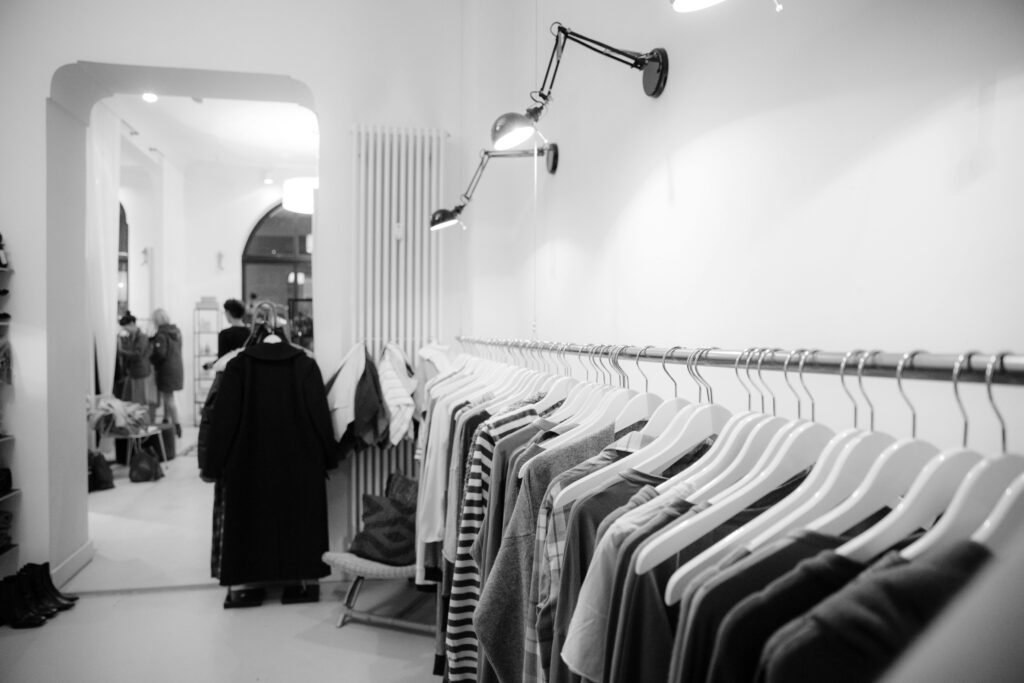Introduction: Fashion retailers play a pivotal role in the global economy, catering to the ever-evolving tastes and preferences of consumers. This article delves into the world of fashion retailers, exploring their significance, challenges, strategies, and impact on society and the environment.
Definition
Fashion retailers are businesses that sell clothing, footwear, accessories, and other fashion-related products to consumers. They can operate as brick-and-mortar stores, online shops, or a combination of both.
Importance
Fashion retailers serve as the bridge between fashion designers and consumers, bringing the latest trends and styles to the market. They play a crucial role in driving consumer demand, shaping fashion trends, and contributing to the economy.
Trends
The fashion retail industry is constantly evolving, influenced by factors such as changing consumer preferences, technological advancements, and global events. Some current trends include sustainable fashion, digitalization of shopping experiences, and the rise of athleisure wear.
Challenges
Fashion retailers face various challenges, including intense competition, fast-changing consumer preferences, supply chain disruptions, and the need to balance online and offline operations effectively.
Strategies
To thrive in the competitive fashion retail landscape, businesses employ various marketing strategies, such as influencer collaborations, social media marketing, personalized shopping experiences, and omnichannel retailing.
Technologies
Emerging technologies like artificial intelligence, augmented reality, and blockchain are revolutionizing the fashion retail sector, enabling personalized recommendations, virtual try-ons, and transparent supply chains.
Sustainability
Fashion retailers are increasingly adopting sustainable practices to minimize their environmental impact. This includes using eco-friendly materials, reducing waste, and promoting ethical labor practices.
Impact
The fashion retail industry has a significant social and environmental impact. From influencing body image perceptions to contributing to pollution and waste, fashion retailers are under scrutiny to operate responsibly.
Future
The future of fashion retail lies in innovation and sustainability. Businesses that embrace change, adopt new technologies, and prioritize sustainability are likely to succeed in the long term.
Brands
Several fashion retail brands have made a mark in the industry, known for their innovative designs, ethical practices, and strong brand identity. Some notable brands include Zara, H&M, and Nike.
Conclusion
Fashion retailers play a vital role in shaping the fashion industry and consumer trends. By understanding the challenges, trends, and strategies in fashion retail, businesses can navigate the competitive landscape and thrive in the ever-evolving market.
FAQs about Fashion Retailers
What is the role of fashion retailers in the industry?
Fashion retailers bridge the gap between fashion designers and consumers by offering a wide range of clothing and accessories.
How do fashion retailers stay competitive?
Fashion retailers stay competitive by adopting innovative marketing strategies, staying updated with the latest trends, and providing exceptional customer experiences.
What are some challenges faced by fashion retailers?
Some challenges include changing consumer preferences, intense competition, supply chain disruptions, and the need for sustainable practices.
How are fashion retailers embracing sustainability?
Fashion retailers are adopting sustainable practices such as using eco-friendly materials, reducing waste, and promoting ethical labor practices.
What technologies are shaping the future of fashion retail?
Emerging technologies like AI, AR, and blockchain are revolutionizing fashion retail by enabling personalized shopping experiences and transparent supply chains.
What impact does fashion retail have on society and the environment?
Fashion retail can influence body image perceptions, contribute to pollution and waste, and affect global labor practices.



